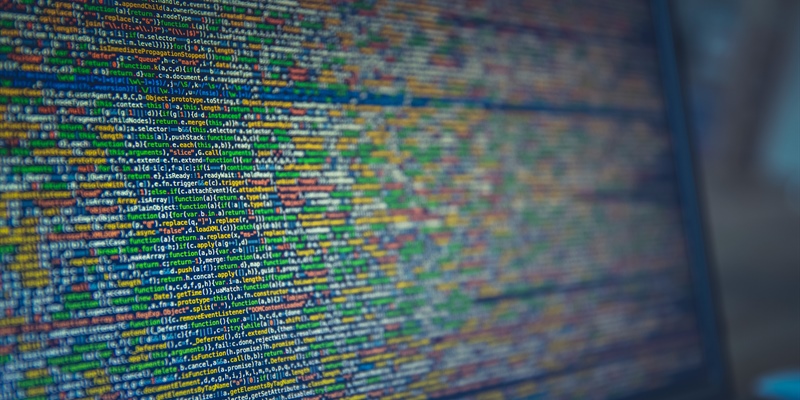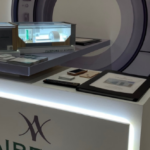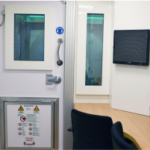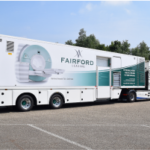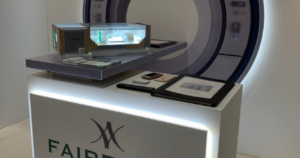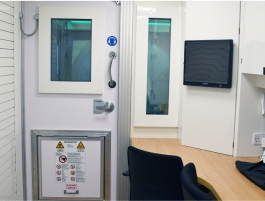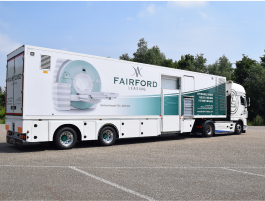As data becomes increasingly integral to the provision of healthcare, AI continues to grip the headlines in the medical imaging device industry. While sceptics dub artificial intelligence as a threat to the career prospects of medical imaging professionals, recent applications of this technology have served to prove the potential AI has when combined with the expertise of radiologists.
Increasingly, AI is helping healthcare practices to uncover the key insights necessary for clinical decision making; the level of speed and accuracy of image analysis proving revolutionary in the diagnosis of diseases.
Thanks to leaps in technology and ongoing efforts in research and development, artificial intelligence is affirming its place in medical imaging, the list of use-cases growing every year. Some of these include:
SCREENING FOR COMMON CANCERS
Experts now predict that the use of AI to screen patient records and analyse medical data could prevent up to 22,000 cancer deaths by 2033 by enabling quick and accurate diagnoses before the disease has reached a fatal stage. In medical imaging, false positives found in cancer screenings can lead to unnecessary invasive biopsies, for example, if microcalcification in tissue is not clearly benign nor malignant.
Through quantitative image analysis, AI tools can help diagnostic radiologists more accurately categorise tissues and provide risk scores for areas of concern. In turn, patients and practitioners are able to make well-informed decisions as to whether to continue testing or start with treatment.
DIAGNOSING NEUROLOGICAL DISEASES
Medical imaging plays a key role in the diagnosis of degenerative neurological diseases such as amyotrophic lateral sclerosis (ALS). At present, radiologists must examine images from CT or MRI scans and decide whether lesions are indicative of the disease or simply mimicking its structures. Now, artificial intelligence is promising to streamline this arduous, time-consuming process through machine learning. By automating segmentation and quantitative susceptibility mapping assessments, radiologists can quickly identify dubious results and improve the accuracy of diagnoses.
DETECTING PULMONARY EMBOLISMS
A breakthrough in the development of artificial intelligence, deep learning algorithms can simulate a large collection of neurons in an artificial neural network capable of identifying patterns in structured and unstructured data. As such, these algorithms are proving transformational for radiologists in the detection of pulmonary embolisms through CT scans. By training the deep learning system on the data from thousands of real scans and the accompanying notes of expert radiologists, patients suffering from this condition can receive faster treatment following a highly accurate, automated assessment.
FLAGGING CARDIOVASCULAR ABNORMALITIES
As more hospitals and healthcare providers explore AI as a technological solution to enhancing patient care, the potential this technology holds in providing quick and accurate diagnoses of cardiovascular diseases is becoming apparent. While the process typically involves a series of semi-invasive tests such as ECG stress test and stress echocardiography and a subsequent invasive angiography, radiologists using AI-led tools are now able to predict anomalies more accurately with a fraction of the time, cost and without the need for the third test.
What’s more, AI is further enhancing live visualisation of the heart, providing a real-time colour-coding system from low-resolution grayscale echocardiography images. Philips’ echocardiography, for example, uses an AI called HeartModelᴬ⋅ᴵ⋅ to build a 3D model of the patient’s heart from echocardiography images. Zebra’s AI-fuelled system recently received FDA 510(k) clearance for its coronary calcium scoring algorithm which can predict the likelihood of coronary artery disease from a non-contrast chest CT scans.
Already, AI is starting to prove revolutionary in taking over the routine tasks of radiologists such as quantification, segmentation and pure pattern recognition. The technology may still have some maturing to do before its full potential is actualised, but even today, AI tools are proving the perfect partner to radiology departments in speeding up the diagnoses and providing more clarity to patients and healthcare providers alike.

